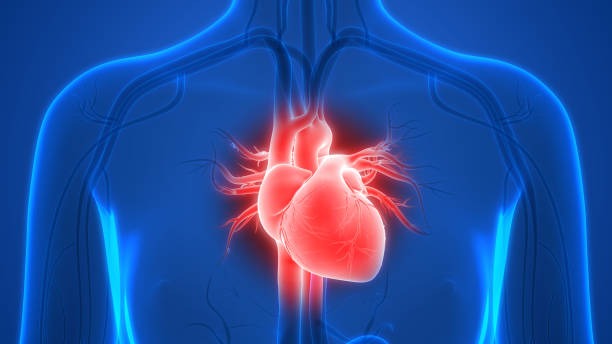Nutrient deficiencies are a common health issue that many people don’t realize they have. They can lead to various health problems, including fatigue, weakened immunity, and even chronic diseases. Here are seven common nutrient deficiencies and their signs.
Iron deficiency is one of the most common nutrient deficiencies worldwide, affecting more than 25% of people. Iron is essential for producing hemoglobin – a protein in red blood cells that carries oxygen from your lungs to the rest of your body. The main symptom of iron deficiency is fatigue, but it can also cause pale skin, shortness of breath, and heart palpitations.
Vitamin D deficiency affects about 1 billion people worldwide. This vitamin is crucial for bone health because it helps your body absorb calcium. Symptoms of vitamin D deficiency include muscle weakness, bone pain or soft bones that may lead to deformities.
Iodine deficiency affects nearly a third of the world’s population and is particularly dangerous for pregnant women as it could cause developmental issues in children. Iodine is needed for proper thyroid function which controls metabolism. Symptoms include goiter (enlarged thyroid gland), weight gain, fatigue and weakness.
Calcium deficiency isn’t as prevalent as other nutrient deficiencies but still poses a serious risk since calcium best thc gummies plays a vital role in maintaining strong bones and teeth as well as nerve signal transmission. Signs include fragile nails, numbness or tingling in fingers and muscle cramps.
Vitamin B12 deficiency mainly affects vegetarians or vegans who do not consume enough animal products where this vitamin naturally occurs. Vitamin B12 aids with red blood cell formation and neurological function; hence its lack may result in anemia-like symptoms such as tiredness or loss of energy along with mental confusion or forgetfulness.
Magnesium deficiency often goes undiagnosed despite being relatively common because its symptoms are generally non-specific like loss of appetite, nausea or vomiting followed by fatigue or weakness later on if not addressed. Magnesium is crucial for more than 300 biochemical reactions in the body, including maintaining nerve and muscle function, supporting a healthy immune system, and keeping the heartbeat steady.
Lastly, Zinc deficiency affects about 2 billion people worldwide. This mineral is essential for cell growth and division, wound healing and breaking down carbohydrates. Symptoms include loss of appetite or taste or smell sensation, delayed sexual maturation or impotence in men along with hair loss.
In conclusion, nutrient deficiencies are more common than most people think and can lead to serious health consequences if not addressed. It’s important to maintain a balanced diet rich in varied nutrients to avoid these deficiencies. If you’re experiencing any symptoms related to nutrient deficiency, it’s recommended that you consult with a healthcare professional who can guide you on how to replenish your missing nutrients effectively.





